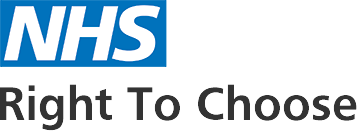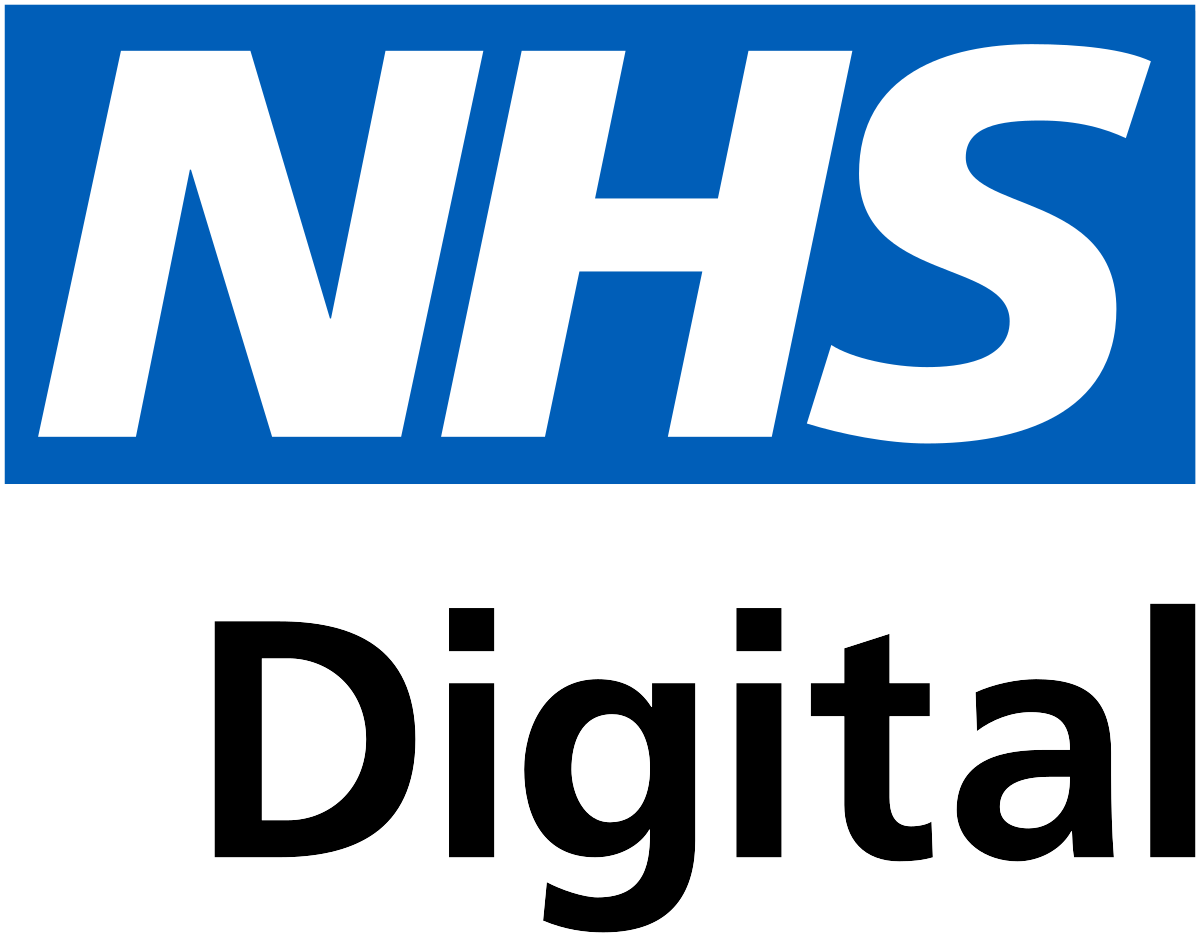What does an ADHD assessment look like and what can you expect?
You will be asked to complete a number of questionnaires on relevant issues.
The assessment consists of a semi-structured interview probing the main areas of functioning that are usually involved in ADHD; this is called the DIVA (the Diagnostic Interview for ADHD in Adults).
This interview yields scores for attention deficit and for hyperactivity and impulsivity and these scores are mapped against internationally agreed diagnostic thresholds, above which it is highly likely someone has ADHD and below which it is clear they don't.
This information is merged with the information elicited in the general assessment with the psychiatrist, during which relevant issues are explored which are having an impact on someone's life. Assessments are conducted in person or in video consultation format, Patients who have booked a video consultation appointment will receive a video Appointment Confirmation Email after a virtual booking is made and this email will contain a link to start the video facility.
The platform we use (called ‘Semble’) is specifically designed for medical clinics, ensures confidentiality and does not require any other software to be able to connect with the clinician.
All in person assessments take place at 10 Harley Street W1G 9PF. The patient should travel there to attend their in person consultation.
Ultimately the psychiatrist establishes the diagnosis: they can overrule any scores from the DIVA if there are sound clinical grounds to do so.
All the findings will be summarised in a report, which is held securely in our practice system: you will be sent a unique link by email, which will enable you to download the report in pdf format and save or print it. The report is your property: you can choose to share it with others (e.g. your GP), but you don't have to. Before the final version is shared with you, you can ask for amendments if you think something important is forgotten or a detail is wrong.
Being diagnosed with ADHD or ADD can bring a range of emotions – relief, clarity, or even distress. This is entirely normal. The first steps may include medication, behavioural interventions such as ADHD coaching or therapy, or both. It’s important to speak with a clinician to decide the best path forward.
The titration phase is the period during which we work with you to find the right medication, formulation, and dose to manage your symptoms. As each person’s response varies, regular follow-up appointments are required (on average, three appointments, though this can range from zero to eleven). Follow-ups allow us to assess effectiveness, adjust dosage, and manage side effects.
You are advised to book a follow-up appointment every four weeks, or as recommended by your clinician. These appointments are not scheduled automatically; it is your responsibility to book and attend them using the same first and last name as your initial diagnostic appointment.
Costs vary depending on the stage and type of service:
- Titration follow-up appointments: £150–£335 for adults; £335 for under-18s.
- Medication: £100–£200 per month (charged by the pharmacy).
- Six-monthly reviews: £150 for adults; £335 for under-18s.
- Repeat private prescriptions: £65 admin fee. Only paid when a patient is not on their titration period.
- Shared Care Proposal (SCP): £150 for a detailed document sent to your GP.
We work with two nominated pharmacies: Pharmazon Homecare and Pharmacierge. Prescriptions are sent directly to them by post or courier. After you receive a payment link via text and email, the medication is delivered to your home by courier or Royal Mail guaranteed delivery.
Psychostimulants should be taken in the morning with food, avoiding caffeine and acidic foods or drinks around the time of dosing. Non-psychostimulants must be taken daily to be effective and build up gradually in your system. Always follow your clinician’s instructions and report any prolonged side effects or concerns.
Most patients tolerate ADHD medication well. Some may experience a ‘crash’ later in the day (e.g., fatigue or emotional changes), especially during early treatment. This can often be managed by adjusting the dose. Always read the medication leaflet and contact your clinician if issues persist for more than five days.
Once you and your clinician find a stable treatment plan, you will transition out of the titration phase. Follow-up appointments are then required every six months to monitor effectiveness and make adjustments. Repeat prescriptions may be issued privately or via your GP through a shared care agreement.
Once titration is complete, we can prepare a Shared Care Proposal (SCP) for your GP, which has a fee of £150. If accepted, your GP will continue prescribing your ADHD medication under the NHS. Because ADHD is not a ‘static condition’ it waxes and wanes, you will be expected to have a follow up with Berkeley’s every 6 months for a review.
Please be aware that acceptance is at your GP’s discretion, and not all practices participate.
Berkeley Psychiatrists is actively working with over 1500 GP practices that have accepted our shared care plans for ADHD on the NHS.
We offer ADHD coaching sessions with Mrs Azizah Attard, which include a full medication review. These 50-minute sessions (£425) focus on improving focus, emotional regulation, productivity, and treatment adherence by addressing lifestyle factors alongside medication.
We offer different follow-up appointments depending on your needs:
Follow-Up Appointments
We offer different types of follow-up appointments depending on your individual needs.
For Adults
1. Brief Follow-Up (15 minutes) – £150
This appointment is suitable when only your ADHD medication requires review, and there
are no additional concerns or complicating factors. Most adults on stable treatment plans will
find a 15-minute follow-up sufficient.
2. Standard Follow-Up (30 minutes) – £335
Please book this appointment if any of the following apply:
- Changes to your physical health or mental well-being
- Adjustments to other prescribed medication made by another healthcare provider
- You are pregnant, breastfeeding, or planning a pregnancy
A longer appointment ensures we can address these more complex matters thoroughly.
For Children
Child Follow-Up (15 to 30 minutes) – £335
All follow-up appointments for children are booked as a 15 to 30-minute session to allow sufficient time to review their medication, development, and overall well-being.
What does an Autism Spectrum Disorder assessment look like and what can you expect?
Before the assessment you will be sent a questionnaire to complete: the RITVO AUTISM ASPERGER DIAGNOSTIC SCALE - revised (RAADS-R). This consists of 80 statements, covering a range of symptoms and features in four areas of daily functioning: social relatedness, circumscribed interests, language and sensorimotor features. You may also be asked to complete other questionnaires on relevant issues.
We recommend you complete the questionnaires with the assistance of a relative or close friend, as often someone who knows you well can provide useful insights into certain characteristics that may be less clear to ourselves.
The assessment consists of an interview, probing the main areas of functioning that you are worried about. The findings of the interview are merged with the result of the RAADS-R and the various scores are explained. That may lead to a diagnosis. If a diagnosis of Autism Spectrum Disorder is made, there will often follow a free-floating discussion in which you can ask for clarifications and explanations.
Although autism is not an illness that can be treated with medication as such, there are symptoms and phenomena that may respond to treatment and this will be discussed and a treatment plan formulated, if that is appropriate.
All the findings, as well as any agreed treatment plan, will be summarised in a report, which is held securely in our practice system: you will be sent a unique, password protected, link by email, which is held securely in our practice system: you will be sent a unique link by email, which will enable you to download the report in pdf format and save or print it.
The report is your property: you can choose to share it with others (e.g. your GP), but you don't have to. Before the final version is shared with you, you can ask for amendments if you think something important is forgotten or a detail is wrong.
Often people just want to know if they have autism or not and in those cases there may not be a need for further follow-up. But sometimes there are issues in someone's life that are the consequence of autism and have a detrimental effect on e.g. work or relationships. In such cases follow up sessions can be arranged to explore these matters further and to find out how best to manage them.
We can also refer you on to specialist resources, e.g. therapists and counsellors who are themselves neurodiverse and are specifically able to give further guidance on how to manage some of the consequences of being autistic.
We use the terms Autism Spectrum Disorder and Asperger's Syndrome interchangeably: the first is a wider term, covering a range of presentations whereas the latter is more defined. There is a debate about which name is correct: we consider these debates largely ideological and not scientific and such opinions vary over time. It is noteworthy that many people with Asperger's Syndrome prefer that name, over the term ASD. We feel that it is up to people with autism themselves to decide what name they prefer.
Mental Health Assessments
NHS Shared Care Agreements
Berkeley Psychiatrists is currently working with over 1,500 GP practices that have accepted our shared care plans for ADHD, enabling more than 4,000 of our patients to receive medication through the NHS.
Most GPs accept our shared care plans; however, some may refuse. In the event of a refusal, our team can provide you with a list of practices that have accepted shared care in your area.











